
Here at Cloud Dosage, we understand that not everyone is ready to go all-in on cloud gaming and entrust their games and save files to a cloud service provider. After all, we were there when people relentlessly poked fun at Stadia. While we personally think a lot of the concerns are overblown, gaming is a personal experience, and we also recognize that what works best for one person may not be ideal for another.
Within that spirit, we’d like to take a look at two pieces of software that offer some similar capabilities of cloud gaming services – for example, the ability to stream games across different devices. The services will look at, however, require users to actually own a PC that can run the games they want to play and to also have the games installed on that PC and the machine running while using them. While cloud gamers might not be used to these requirements, nor own a machine powerful enough to run the latest releases, existing PC gamers may find that these options provide some extra portability to their PC gaming routine.
Moonlight and Parsec are two of the most popular game streaming solutions that allow users to remotely access and play their favorite games on various devices. While they share some similarities, they also have distinct differences that set them apart. In this article, we will explore how Moonlight and Parsec work, how they compare to cloud gaming services and the key differences between the two.
What is Moonlight?
Moonlight is an open-source game streaming software that allows users to stream their PC games to other devices – such as smartphones, tablets, TVs, and even some consoles. It leverages NVIDIA’s GameStream technology, which means it requires an NVIDIA GeForce GTX/RTX graphics card on the host PC. Moonlight supports streaming over the local network and the internet, offering low-latency gameplay and high-quality video. Of course, just like actual cloud gaming, streaming quality depends on your Internet. Not only that, but weaker computers can also affect performance and overall quality.
Just like other streaming solutions, Moonlight works by encoding the video output of the host PC’s game and streaming it to the client device. The client device then decodes the video and displays it on the screen. Input commands from the client device are sent back to the host PC. Thus allowing the user to control the game remotely. Also, it provides efficient compression and high-quality video thanks to the H.264 video codec it uses. Not only that, but also supports hardware acceleration on both the host and client devices, reducing latency and improving performance.

What about Parsec?
Parsec is another game streaming solution that enables users to stream their games from a host PC to various devices, including smartphones, tablets, and other computers. Unlike Moonlight, Parsec is not limited to NVIDIA graphics cards and works with a wider range of hardware. Parsec focuses on providing low-latency streaming, making it suitable for fast-paced and competitive games.
While Moonlight uses H.264, Parsec uses a custom video codec called “BUD”, which is designed for low-latency game streaming. Just like Moonlight, Parsec encodes the video output of the host PC and streams it to the client device, where it is decoded and displayed. Input commands from the client device are sent back to the host PC for game control.
Parsec also offers additional features, such as co-op gaming, allowing multiple users to connect to the host PC and play games together. This feature is particularly useful for local multiplayer games that do not have online multiplayer support. Some might remember this feature as one of our favorite features in Amazon Luna.
What are the difference between the two?
First and more importantly, there are the hardware requirements. Moonlight requires an NVIDIA GeForce GTX/RTX graphics card, while Parsec works with a wider range of hardware, including AMD and Intel GPUs. As for the video codec used, Moonlight uses ol’ reliable H.264 (mp4), while Parsec uses a custom coded specialized in offering low-latency streaming and great quality.
Additionally, Parsec offers built-in support for co-op gaming, allowing multiple users to connect to the host PC and play games together. Moonlight does not have this feature.
Both Moonlight and Parsec support a wide range of platforms, including Windows, macOS, Linux, Android, and iOS. However, Moonlight has broader device support due to its open-source nature, with community-developed clients available for other platforms.
How do Moonlight and Parsec compare to actual cloud gaming?
Moonlight and Parsec differ from cloud gaming services like GeForce NOW in several ways. While these two pieces of software require users to have their own gaming PC to act as the host, cloud gaming services provide access to powerful gaming servers in data centers. This means that users do not need to own high-end gaming hardware to enjoy the latest games.
Cloud gaming services also handle game updates and maintenance, providing a more seamless experience for users. However, they often require a subscription fee and may have a limited library of supported games. In contrast, Moonlight and Parsec allow users to stream their entire game library without any additional costs. For PC gamers who already own a powerful computer capable of running the games they want to play, this can be a plus.
Are Moonlight and Parsec useful for me?
If you came to this website called Cloud Dosage because you are interested in cloud gaming and don’t already own a medium-to-high end machine, then no. If that is the case, Moonlight and Parsec are not really worth it for you. Since you need to actually own a computer capable of running the games you want to play, these services won’t be able to help you on their own. On the other hand, cloud gaming services such as GeForce NOW and Boosteroid rely on datacenters that already own these high-end machines you need to play the games.
However, if you are an existing PC gamer with a capable rig looking to take your games with you to other rooms in your house (or even on the road), these two solutions may be worth a look.
In conclusion, by leveraging hardware, offering access to a wider range of titles, and providing lower latency for local streaming, Moonlight and Parsec can be more useful in certain scenarios. Gamers should consider their specific needs, hardware, and gaming preferences when choosing between cloud gaming services and game streaming solutions like Moonlight and Parsec.
If you want to learn about other alternatives, such as Airgpu and Shadow PC, read this article about how to play Honkai: Star Rail on the cloud, which also works for other games.
As always, remember to follow us on our social media platforms (e.g., Threads, X (Twitter), Bluesky, YouTube, and Facebook) to stay up-to-date with the latest news. This website contains affiliate links. We may receive a commission when you click on these links and make a purchase, at no extra cost to you. We are an independent site, and the opinions expressed here are our own.

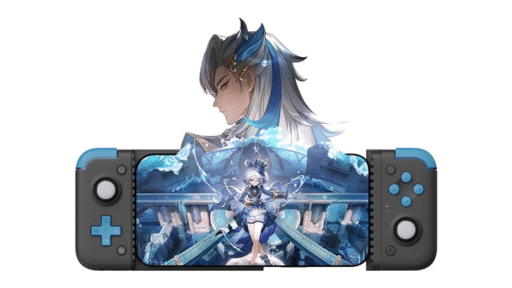
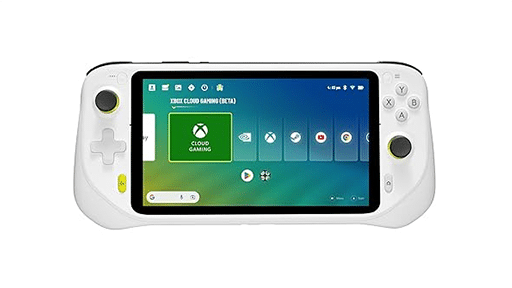
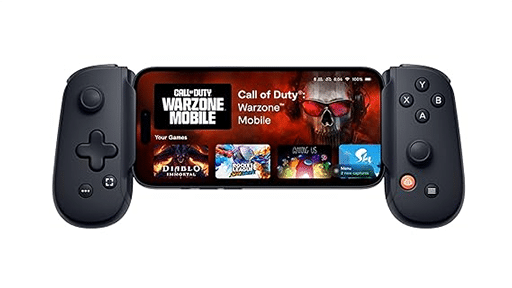
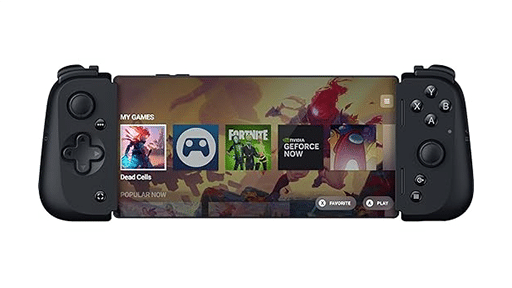
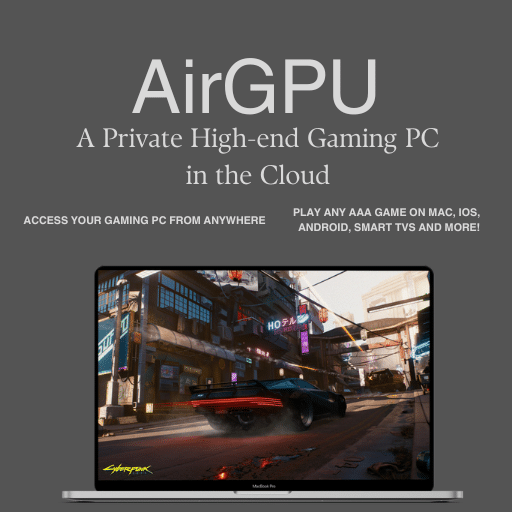
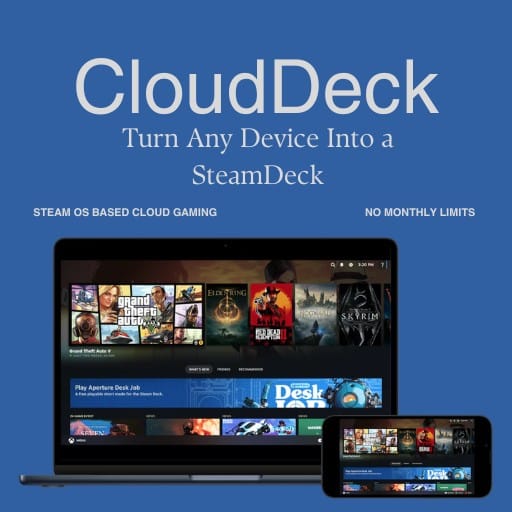
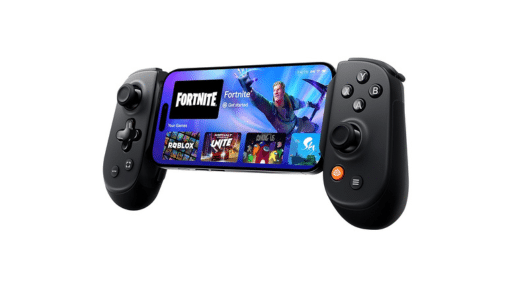
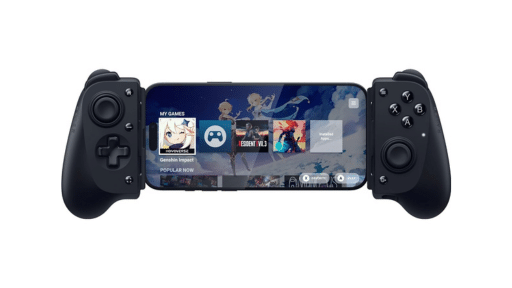
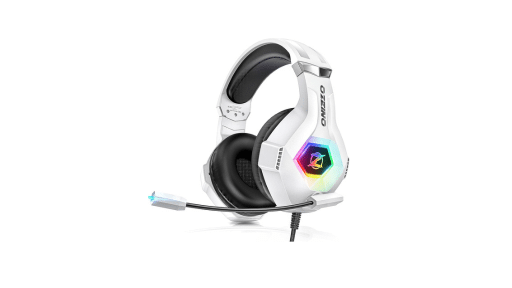

Very biased material… and for obvious reason.